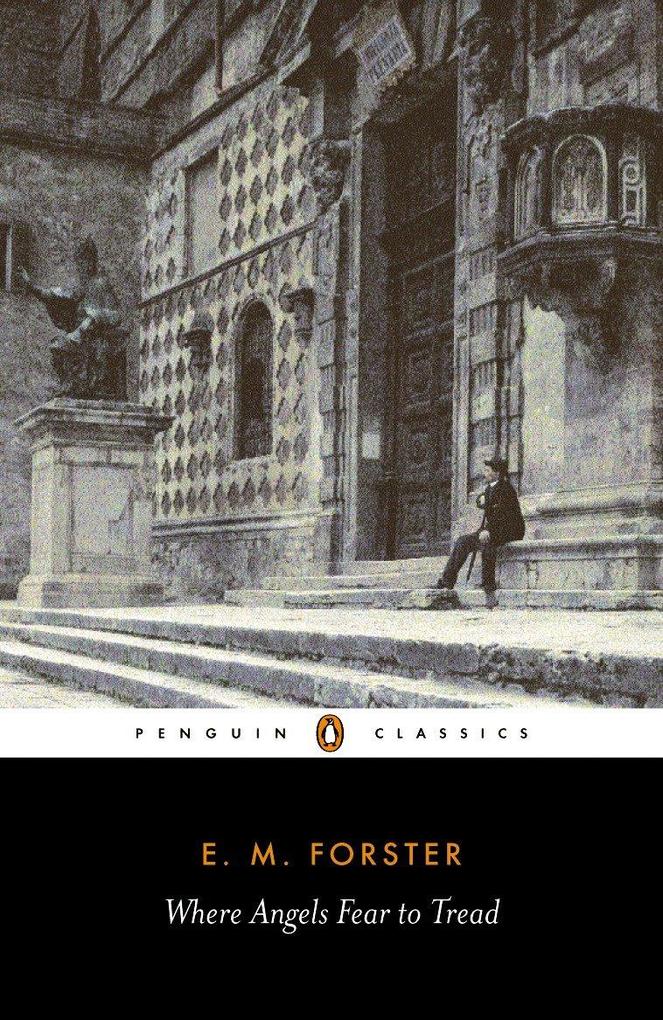
Zustellung: Do, 31.07. - Mi, 06.08.
Versand in 3-4 Wochen
VersandkostenfreiBestellen & in Filiale abholen:
A wonderful story of questioning, disillusionment, and conversion, Where Angels Fear to Tread tells the story of a prim English family's encounter with the foreign land of Italy. When attractive, impulsive English widow Lilia marries Gino, a dashing and highly unsuitable Italian twelve years her junior, her snobbish former in-laws make no attempts to hide their disapproval. But their expedition to face the uncouth foreigner takes an unexpected turn when they return to Italy under tragic circumstances intending to rescue Lilia and Gino's baby.
For more than seventy years, Penguin has been the leading publisher of classic literature in the English-speaking world. With more than 1, 700 titles, Penguin Classics represents a global bookshelf of the best works throughout history and across genres and disciplines. Readers trust the series to provide authoritative texts enhanced by introductions and notes by distinguished scholars and contemporary authors, as well as up-to-date translations by award-winning translators.
For more than seventy years, Penguin has been the leading publisher of classic literature in the English-speaking world. With more than 1, 700 titles, Penguin Classics represents a global bookshelf of the best works throughout history and across genres and disciplines. Readers trust the series to provide authoritative texts enhanced by introductions and notes by distinguished scholars and contemporary authors, as well as up-to-date translations by award-winning translators.
Produktdetails
Erscheinungsdatum
01. März 2008
Sprache
englisch
Seitenanzahl
176
Autor/Autorin
E M Forster
Verlag/Hersteller
Produktart
kartoniert
Gewicht
138 g
Größe (L/B/H)
198/129/15 mm
ISBN
9780141441450









